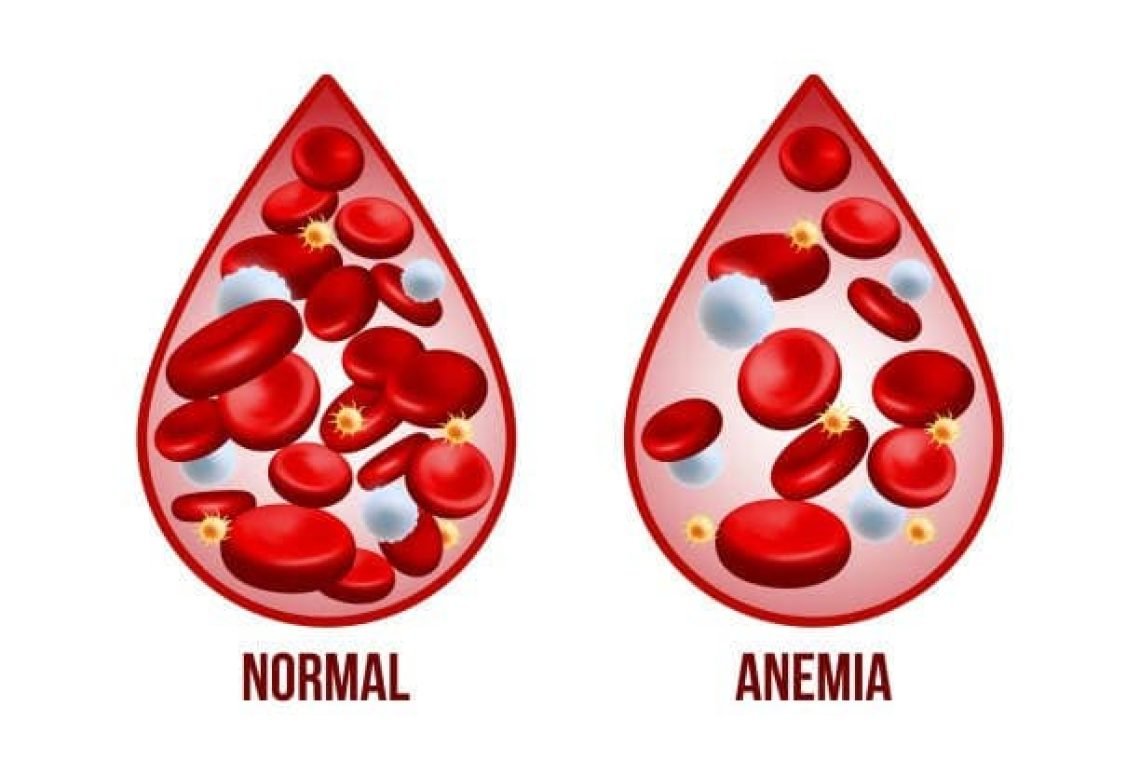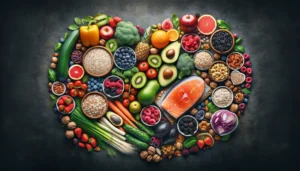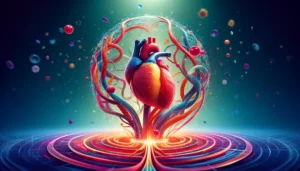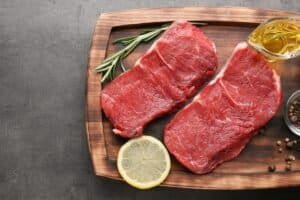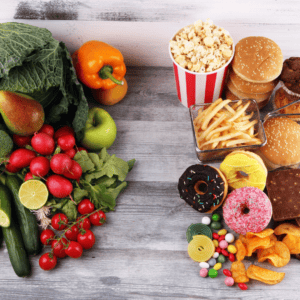Anaemia is when the number of red blood cells or the haemaglobin (Hb) concentration within the red blood cells (RBC) is lower than it should be. When there isn’t enough Hb to carry oxygen around the body, the body cannot function at its best. It’s more than just tiredness. Far more.
Although anaemia is diagnosed by blood results, it is considered to be a symptom of an underlying condition or conditions, so more tests are nearly always needed. Plus, it’s one of the reasons you should go to your doctor to get the bloods taken to test for anaemia before supplementing. The other reason is many people, particularly Irish people, have haemachromotosis. This is when there is too much iron in the body and it can result in similar symptoms to anaemia. Supplementing iron because you THINK you’ve low iron can therefore be dangerous. Supplementation is considered if blood tests confirm levels of iron (or vitamin B12/ folate) to be low.
Often people assume it’s to do with inadequate intake of iron, vitamin B12 or folate/ folic acid. However, it can be due to a whole host of other things including issues with absorption, inflammation, long distance exercise, infection, increased losses (e.g. heavy periods), undiagnosed coeliac disease, etc… There may also be genetic or inherited reasons for it.
SIgns & Symptoms
- tiredness (this can be extreme!)
- dizziness
- cold hands and feet
- headache
- shortness of breath
- bruising easily
- feeling light headed when you stand up
- breathing faster
- increased heart rate
- pale skin and paler under the nails
- pale mucous membranes (tongue, nose, eyes etc…)
- brittle or spoon-shaped nails
- swollen, sore or smooth tongue
- cracks in the corner of the mouth
Bloods tests
Your doctor will probably check the gollowing
- Full blood count (FBC) – Hb, RBC, MCV (size of the RBC), MCH (amount of Hb on them)
- Ferritin (iron stores) – please note that it can be falsely raised when someone has an infection or with inflammation
- Serum iron (level of iron in the blood) – checked on a fasting blood test.
- Plasma transferrin
- Reticulocytes (immature RBC – measuring the Hb of them can be tested sometimes)
- Vitamin B12
- Folate (folic acid)
Inflammtion can impact the ability of the bone marrow to respond to EPO (you may have heard of EPO from doping in sports). Inflammation can impact hepcidin which is a thing that manages how much iron we can absorb from the gut.
B vitamin Deficiencies
Vitamin B12
Vitamin B12 is only found in animal produce. So, those following an exclusively plant based diet, or a vegan lifestyle, need to take a vitamin B12 supplement.
Some conditions impact the absorption of important nutrients from the small intestine (small bowel) such as undiagnosed coeliac disease, Crohns disease, infections, and certain drugs. For example, those taking metformin need to consider a vitamin B12 supplement.
Pernicious anaemia is when a body doesn’t make enough intrinsic factor. Intrinsic factor is produced by the cells of the stomach. It binds to vitamin B12 and helps it to be absorbed into the body. So, not producing enough intrinsic factor can lead to vitamin B12 deficiency, which can lead to anaemia.
There are lots of symptoms of vitamin B12 deficiency such as tingling in the hands and feet, mood and behaviour changes as well as fatigue.
Folate
You may know of folic acid. Folic acid is the synthetic version of the vitamin folate. Folate is also known as vitamin B9. It’s found in foods like citrus fruit and green veg.
Similarly to vitamin B12, becoming deficient in folate can lead to anaemia.
Macrocytic anaemia
When you are deficient in vitamin B12 or folate, it can lead to macrocytic anaemia. This is to do with the size of the RBC when you develop this type of anaemia. The RBC become bigger (hence macro) because a lack of these important B vitamins doesn’t allow the RBC to grow and divide as they normally would. So, the end result is less RBCs overall and bigger than normal RBCs.
The blood test done often include;
- Haemoglobin or Hb
- MCV to assess the size of the RBC (so you might see elevated levels of MCV)
- Vitamin B12 (not a super accurate test!)
- Folic acid
- Homocysteine (can be raised when you’re deficient in these B vitamins)
- Reticulocyte count (usually low)
- Antibodies to intrinsic factor or the cells of the stomach that make intrinsic factor (called parietal cells)
Supplementation
Multivitamins & mineral supplements for women often include iron. Those for men or or older people tend not to or simply may contain less.
The forms of iron in supplements often, but not always, include ferrous and ferric iron salts e.g. ferrous sulfate, gluconate and citrate as well as ferric sulfate. Ferrous iron is often more available to the body for absorption when compared to ferric iron.
Iron in supplements contain different amounts of elemental iron. Ferrous fumarate is 33% elemental iron, ferrous sulfate is 20% and ferrous gluconate is 12% elemental iron.
It’s important to take your supplement correctly to reduce the risk of gut issues!

